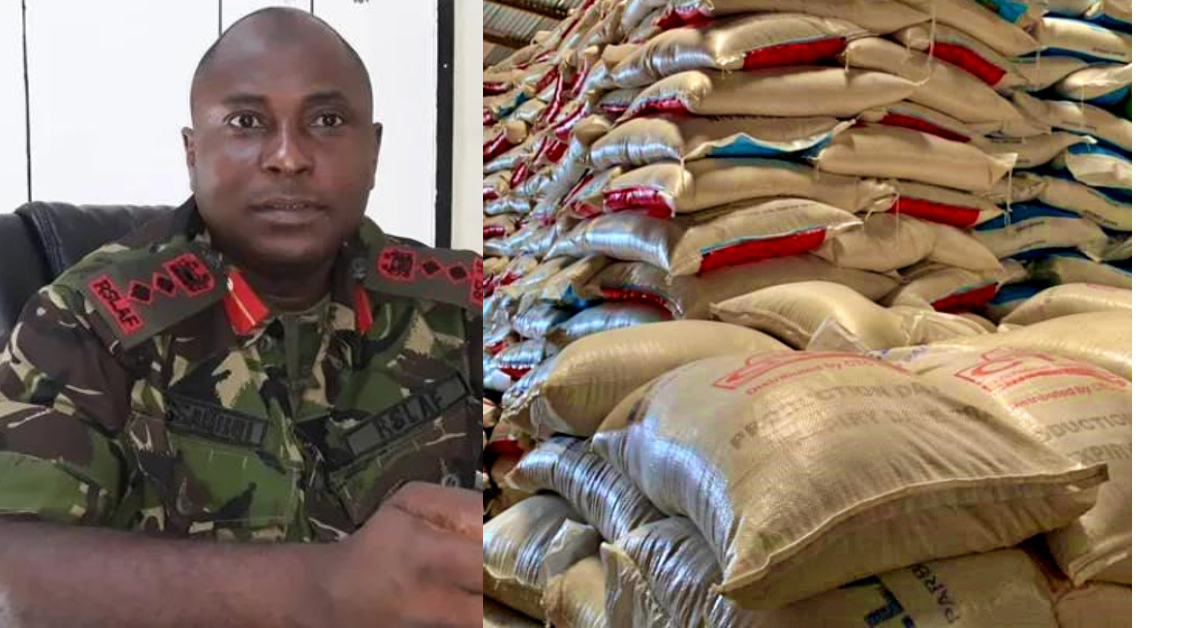The Sierra Leone Correctional Service (SLCS) has been grappling with a severe shortage of essential supplies, including rice, for the past five months, Acting Director General Brigadier Sheik Sulaiman Massaquoi revealed during a budget policy hearing yesterday.
The ongoing crisis highlights significant challenges within the correctional system, including overcrowding and inadequate resources.
During the hearing, Susan B. Coker, Director of Support Services at SLCS, delivered a detailed PowerPoint presentation outlining the institution’s efforts in revenue generation despite its primary mandate of inmate rehabilitation.
Coker noted that the SLCS has been involved in various industrial activities, including large-scale furniture production, soap making, bread baking, and clothing weaving. However, these efforts have been hindered by the destruction of equipment and facilities during an attempted jailbreak in 2020.
The SLCS has also embarked on agricultural projects, cultivating over 5,600 acres of land across several locations, including Mafanta, Makari, Masanke, Kenema, and Rolako. Despite these initiatives, Coker highlighted that the service is facing significant challenges due to severe overcrowding, particularly in the Freetown, Bo, Makeni, and Kenema correctional centers.
Key issues raised include delays in the disbursement of funds, accumulated arrears to suppliers, a lack of clearly defined operational policies, and a low staff-to-inmate ratio. Additionally, the SLCS is struggling with insufficient vehicles, inadequate accommodation for officers, high staff attrition due to poor conditions of service, and a lack of medical facilities for both officers and inmates. The service also faces a shortage of industrial infrastructure and equipment needed for inmate rehabilitation, as well as inadequate machinery for large-scale farming.
Coker emphasized the urgent need for the Ministry of Finance to approve the SLCS’s budget for the 2025 fiscal year to address these critical challenges. The Sierra Leone Correctional Service, originally established in 1787 and officially recognized in 1914 with the opening of the Freetown Central Prison, now known as the Freetown Male Correctional Centre, continues to struggle with issues that have persisted for decades.












It’s a shame to read this on media While most of our school children sleeping hunger and going to school with hunger as well. Let those criminals go out and work for their food. How can you cater for those you kept as criminals? While the innocent died of hunger calling such a smart government? Not at all Don’t keep prisoners if can’t feed them send them to the state farmers and work and produce food for our future generations. The government spent $415 millions on rice imports only, which is ridiculous living on fertile land like Sierra Leone every seeds felling down during the dried season will surely grow in the raining 🌧️ season. Why should government order plastic rice somewhere else instead growing your own food.